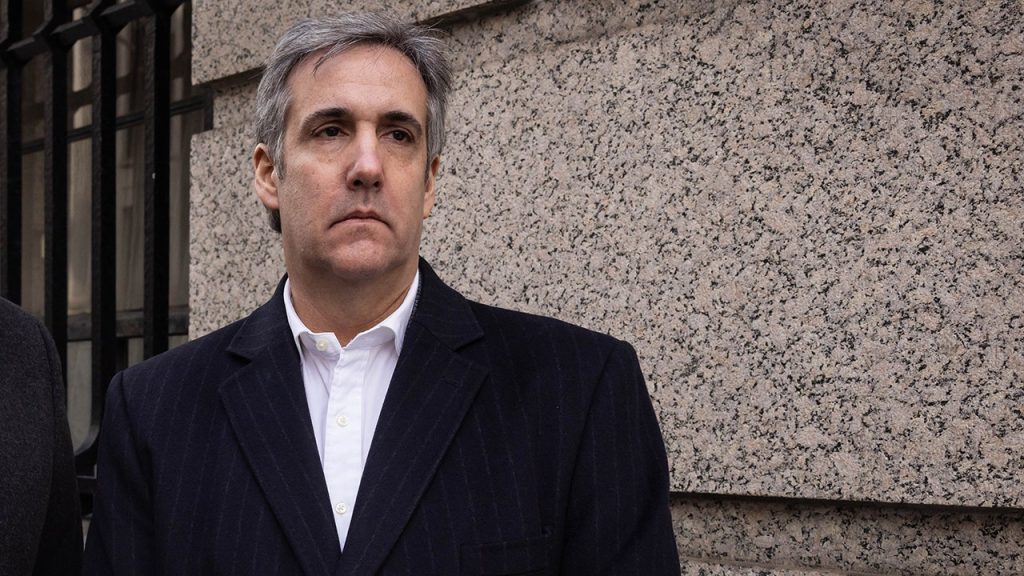Former Trump attorney Michael Cohen admitted in court that he stole $30,000 from the Trump Organization by overstating how much he paid a tech company that provided services for the organization. This admission further damaged Cohen’s credibility as a witness in the ongoing case against Trump. Legal experts believe that this could potentially lead to a deadlocked jury that cannot reach a verdict. Cohen confessed that he lied to former Trump Organization CFO Allen Weisselberg about the payment to the tech company and still received reimbursement for the full amount. Despite this admission, Cohen has not paid back the money he stole.
Cohen’s acknowledgement of stealing from the Trump Organization has raised questions about the credibility of the prosecution’s decision to put him on the stand as a witness. Cohen’s admission could impact the outcome of the case, possibly resulting in a hung jury. The case involves 34 counts of falsifying business records in the first degree against Trump, with the prosecution needing to show that the records were falsified in furtherance of another crime – conspiracy to influence the election. Cohen’s testimony is critical in proving the felony charges, and his credibility is now in question.
Legal experts have criticized Cohen for admitting to stealing money from his client and then considering a congressional run. Cohen, who is a disbarred attorney and has been sentenced to prison for previous charges including campaign finance fraud and lying to Congress, is already viewed as a dishonest individual. The defense’s cross-examination has revealed the extent of Cohen’s dishonesty and raised doubts about his credibility as a witness. Cohen has been labeled a “grifter” and a liar by legal experts.
Despite admitting to theft in court, Cohen has expressed interest in running for Congress, citing his name recognition. The defense’s cross-examination of Cohen has been characterized as a “total disaster” for the state, as it highlighted Cohen’s unethical conduct. Cohen’s actions in taking money from the Trump Organization while negotiating a repayment plan have been seen as a betrayal of trust and further evidence of his lack of credibility. Legal analysts have pointed out that Cohen’s admission of theft could potentially lead to criminal charges if the statute of limitations has not passed or if he does not have immunity.
The Manhattan District Attorney’s decision regarding potential criminal charges against Cohen for the admission of theft will depend on factors such as the statute of limitations and any immunity deals that may have been made. Cohen’s admission of a crime under oath would typically result in criminal charges, but certain circumstances could affect whether he will be prosecuted. Legal experts continue to question the prosecution’s reliance on Cohen as a key witness in the case against Trump, given his track record of dishonesty. Trump’s defense team has seized on Cohen’s credibility issues as they seek to undermine the prosecution’s case.













